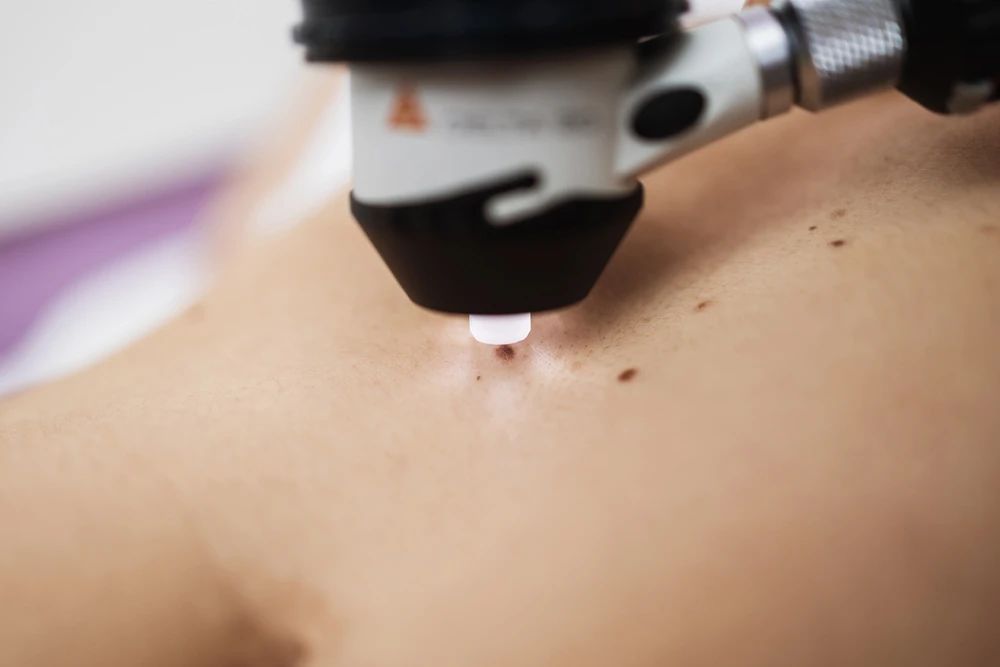7 Common Digestive Problems You May Have
2023-02-15
PARKWAY 百汇医疗 Digestive problems refer to any gastrointestinal disorders that occurs in the digestive tract, which is also called the gastrointestinal (GI) tract. The first signs of a digestive tract issue commonly include bleeding, bloating, constipation or diarrhea, and heartburn. If you’re experiencing abdominal pain, nausea or bloating, it could either be a virus that will go away in time, or a sign of a gastrointestinal condition that may require medical attention or a change in lifestyle habits. You should always consult your doctor to identify the exact cause of your symptoms, but here are a few of the common culprits! Gastritis 1 Gastritis is the inflammation of the lining of the stomach. It has many causes, but the most common are infectious agents, especially Helicobacter pylori (H. pylori), aspirin and other non-steroidal anti-inflammatory drugs (NSAIDs) like Ponstan, and alcohol. 2 Some common symptoms of gastritis: abdominal pain (intermittent or constant burning, or gripping or gnawing pain) nausea and vomiting loss of appetite bloating, burping and belching Try to avoid common aggravating foods such as spicy, fatty and fried foods, chilli powder, alcohol and coffee as they may increase the severity of symptoms. 3 Treatment of gastritis depends on its cause. For gastritis associated with of H. pylori, treatment involves a combination of antibiotics and acid suppressants, while gastritis due to aspirin, NSAIDs and alcohol may require an acid suppressant. Where possible, the consumption of alcohol and the medication responsible for the gastritis should be stopped. Peptic ulcer 1 Gastritis is often associated with peptic ulcers. Peptic ulcers are sores that develop in the lining of the stomach, lower oesophagus, or first part of the small intestine. They are usually formed as a result of inflammation caused by H. pylori, aspirin and NSAIDs. 2 The most common symptoms of a peptic ulcer are upper abdominal discomfort, abdominal pain or bloating. You may also notice loss of weight, loss of appetite, nausea, bloody or dark stools, and vomiting. 3 With proper treatment, most peptic ulcers heal. However, if left untreated, they can worsen over time and lead to more serious health complications such as a perforated ulcer, a bleeding ulcer (which can cause significant blood loss) or scar tissue that may cause strictures, making it difficult for food to pass through your digestive tract. Gastro-oesophageal reflux disease 1 Gastro-oesophageal reflux disease (GERD) is a condition where stomach contents move backwards or reflux from the stomach into the oesophagus. The oesophagus is the tube that connects the throat to the stomach. 2 Symptoms of GERD: heartburn chest pain regurgitation nausea or vomiting difficulty with or pain when swallowing hoarseness of voice and sore throat cough Acid reflux occurs more frequently in patients with GERD, compared to those who do not have symptoms of this disease. 3 Fortunately, symptoms can generally be controlled through lifestyle changes. These include quitting smoking, reducing alcohol and caffeine consumption, eating less fatty foods, and losing weight. In persistent cases, if antacids and anti-reflux medication don’t work, surgery can be a last resort. Irritable bowel syndrome 1 Irritable bowel syndrome (IBS) is part of a group of gastrointestinal disorders known as functional bowel disorders. Patients with IBS have abdominal discomfort or pain that is associated with either diarrhoea or constipation, and the discomfort is usually relieved after bowel movements. 2 Common symptoms include: Pain, cramping, or bloating in the abdomen during bowel movements Changes in stool appearance Changes in frequency of bowel movements Persistent bloating Fatigue and difficulty sleeping 3 Thereis no investigation which will definitively diagnose IBS. Doctorsmanaging IBS patients will often start with a history of the abdominal symptomsand simple blood and stool tests to rule out common disorders. Treatment of IBS is aimed at symptom relief and the majority of IBS patients will not require long-term medication. It is usually managed by modifying the person’s diet and lifestyle, avoiding foods and other events that trigger symptoms. Common foods that may aggravate IBS include dairy products, fried foods, indigestible sugars and beans. Some natural foods such as ginger, peppermint and chamomile may help to reduce some IBS symptoms. Chronic diarrhoea 1 Chronic diarrhoea is defined as frequent loose stools that last for more than 4 weeks. 2 The most common cause of chronic diarrhoea is IBS. Another common cause is medicines including antibiotics, painkillers (eg. Ponstan) and diabetic medication (eg. metformin). 3 Most infections of the intestines cause diarrhoea that lasts for less than 4 weeks. Exceptions include tuberculosis, giardiasis, amoebiasis and tropical sprue, all of which may cause chronic diarrhoea. In adults, food intolerance may sometimes cause chronic diarrhoea. Lactose intolerance is common in Asians and this can cause diarrhoea and bloating with dairy products. Alcohol and artificial sweeteners may also cause diarrhoea in some patients. Both non-intestinal and intestinal diseases can cause chronic diarrhoea. Common non-intestinal diseases that cause diarrhoea include thyroid disease and diabetes. Constipation 1 If you have a decreased stool frequency of less than 3 times per week, hard or small pellet-like stools, or feel the need to strain at stools when passing motion, you may have constipation. 2 Common causes include: Not eating enough fibre, such as fruit, vegetables and cereals Not drinking enough fluids Being inactive and not exercising Often ignoring the urge to go to the toilet A change in the diet or daily routine A side effect of medications Stress, anxiety or depression 3 Treatment for constipation will depend on the cause, and is usually managed by modifying diet and lifestyle, increasing physical activity and fluid intake, and taking natural foods that may help in passing motion (eg. prunes). If lifestyle modification is not sufficient, laxatives may be prescribed. Inflammatory bowel diseases 1 Crohn's disease and ulcerative colitis are collectively known as the inflammatory bowel diseases (IBD). Patients with ulcerative colitis develop ulcers only in the large intestine. Patients with Crohn’s disease develop ulcers in the gut, anywhere between the mouth and the anus. The most common parts of the gut affected by Crohn’s disease are the large intestine and the second half of the small intestines. 2 Symptoms of IBD include abdominal pain, diarrhoea, bloody stools, fever, fatigue, weight loss and malnutrition. In some patients, parts of the body other than the intestines (eg. skin, eyes, joints, or liver) may become inflamed. 3 It is not known what causes IBD. It is thought that an environmental factor sets off the gut immune system, which then runs out of control and causes inflammation and ulcers in the intestines of people with the correct genetic predisposition. There is no cure for IBD as it is a chronic disease. However, it can be controlled with treatment, and patients with controlled disease can still lead normal lives. To diagnose this disease, a series of investigations, including blood tests, stool tests, colonoscopy and CT scans or MRI, will be performed. If you experience any of the above digestive conditions and are concerned about your gut health, consult a gastroenterologist. Article reviewed by Dr. Lei Li, Gastroenterologist of Parkway. Parkway China Parkway is part of IHH Healthcare, one of the largest healthcare providers in the world by market capitalization. It operates 82 hospitals with more than 15,000 beds in 10 countries. Parkway first arrived in China in 2004. In 2006, Parkway opened its first medical center in Shanghai, bringing world-renowned quality healthcare to China. Through the acquisition of World Link Group in 2007, Parkway becomes Shanghai's largest foreign-owned medical network. Parkway China is a leading international healthcare provider. With a team of nearly 100 internationally trained physicians, we now operate 8 medical facilities conveniently located in Shanghai and Hong Kong offering more than 40 specialties. We work closely with the best local hospitals with which we share our knowledge and expertise to ensure the best services possible to our patients. We have established direct billing services with over 50 insurance companies. We provide both outpatient and inpatient care for adults and children. Our services include: Family Medicine, Adult Medicine, Pediatrics, Gynecology, Dentistry, Cardiology, ENT, Gastroenterology, Ophthalmology, Dermatology, General Surgery, Orthopedics & Sports Medicine, Urology, Beauty & Skin Care, Psychiatry, Traditional Chinese Medicine & Acupuncture, Osteopathy, etc.































